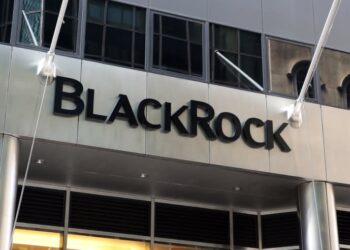Payment of the federal government’s Trio Capital compensation levy by a number of Australian financial institutions has created a level of confusion for industry participants and their clients.
In the months since Assistant Treasurer Bill Shorten’s June announcement that its $55 million compensation package for investors caught in the collapse of four super funds linked to Trio would be recouped from Australian Prudential Regulated Authority (APRA)-regulated superannuation funds, a number of clients have queried fees in their super accounts.
One unnamed client contacted their financial adviser after noticing an undisclosed fee itemised on their statement and was told the charge was due to the compensation levy.
The adviser, an unnamed authorised representative with one of the country’s top 20 licensees, told the client the fee was charged because their financial institution had decided to pass on the levy to its clients.
It is understood at least five licensees and institutions – Count Financial and Macquarie believed to be among them – have agreed to pass on the levy to clients with a number of groups still undecided.
Last month, National Australia Bank (NAB) GWM Advisor Services chairman Dick Morath told the Parliamentary Joint Committee inquiry into the collapse of Trio Capital that NAB, as an institution, had paid more than $3 million towards the levy.
While Shorten released guidelines to APRA regarding the levy to APRA-regulated super funds, there appears to be no specific ruling as to whether an institution pays its percentage of the levy from its own reserves or passes on fees to clients.
When asked whether it was the government’s intention for institutions to pass on the levy to clients, a spokesman from Shorten’s office said: “Compensation will be paid directly to the affected fund members.
“Consistent with past practice under Section 23 A of the SIS Act, the government funds the cost of this compensation through a levy on APRA-regulated super funds.”
Minter Ellison partner Maged Girgis said it appeared to be the government’s intention for the levy to not apply to financial institutions.
“The intention is more that the cost of compensation be socialised among Australians rather than against the profit centres of particular financial institutions,” Girgis said.
He said details of the levy would perhaps not be something well-known for financial advisers to notify their clients about as those types of levies were not imposed regularly.
“I don’t know specifically to be honest where they have applied that levy per se, but it wouldn’t be so often that planners or advisers would regularly think of the levy and advise people in advance of it happening,” he said.
DBA Lawyers senior associate Bryce Figot said it would also appear to be the government’s intention that institutions pass on the levy to clients and members.
“What some super funds will do is maintain reserves to pay expenses so members don’t actually have to see expenses and levies coming out of their member account,” Figot said.
“But there’s no law, there’s nothing particularly on point, so different super funds might choose to do different things.”







